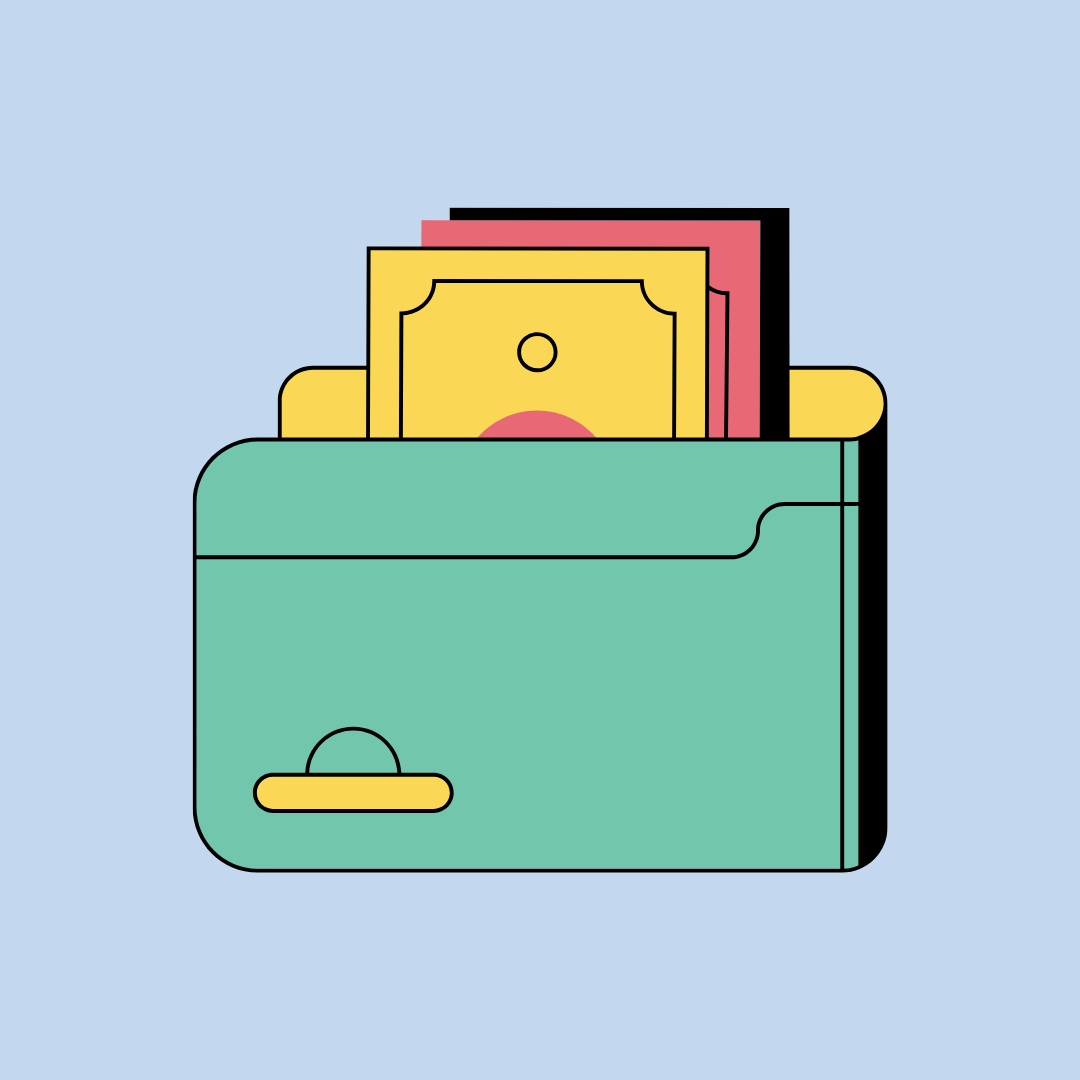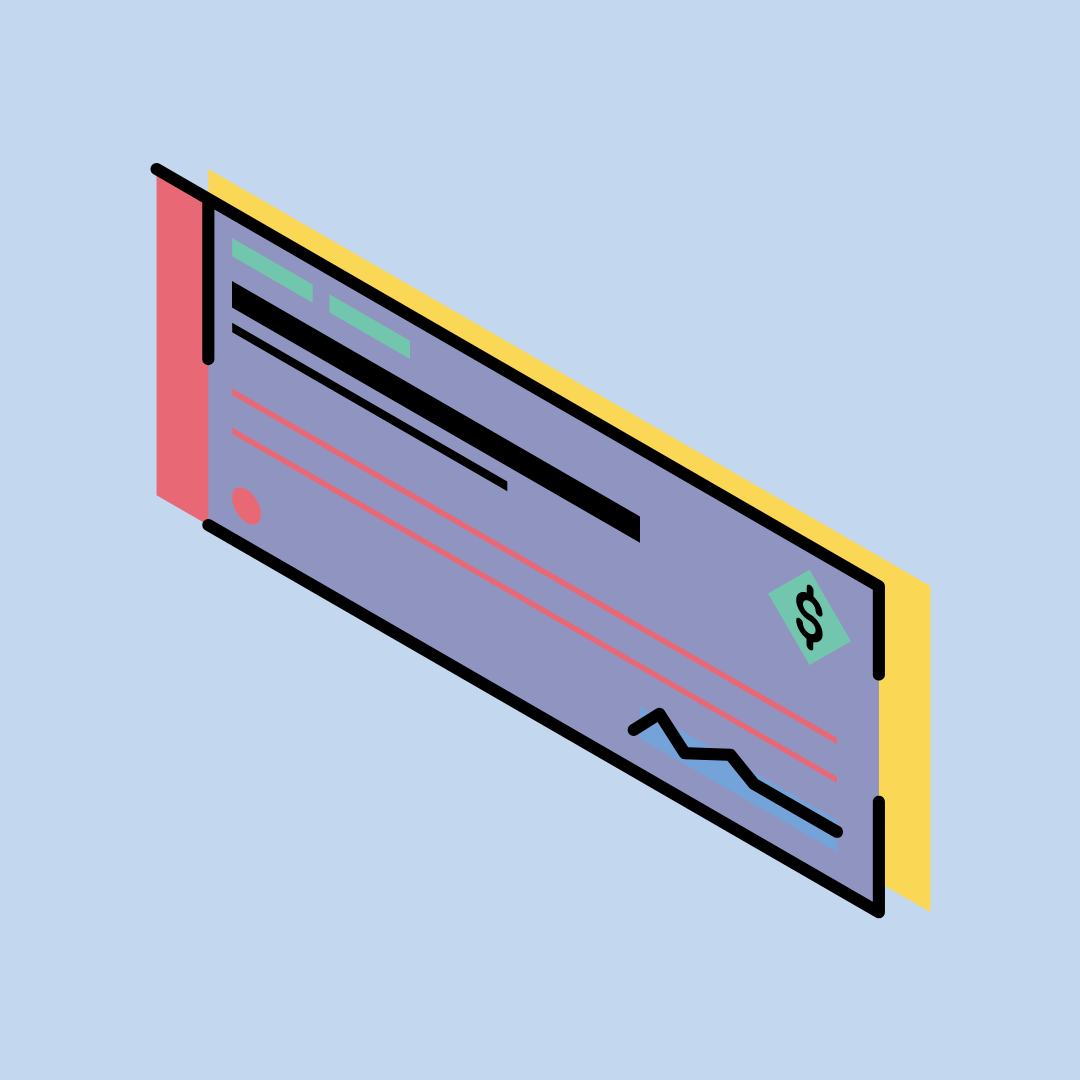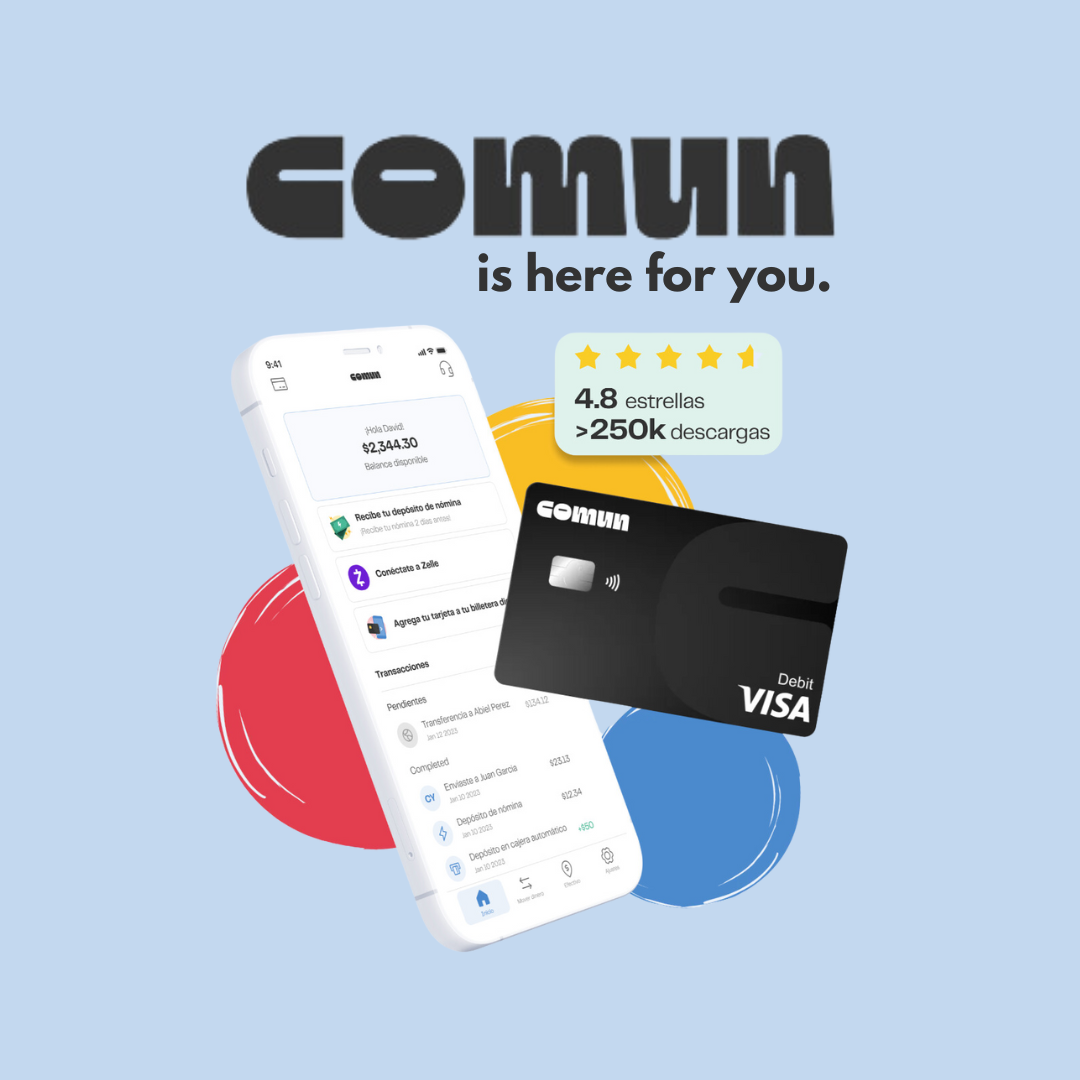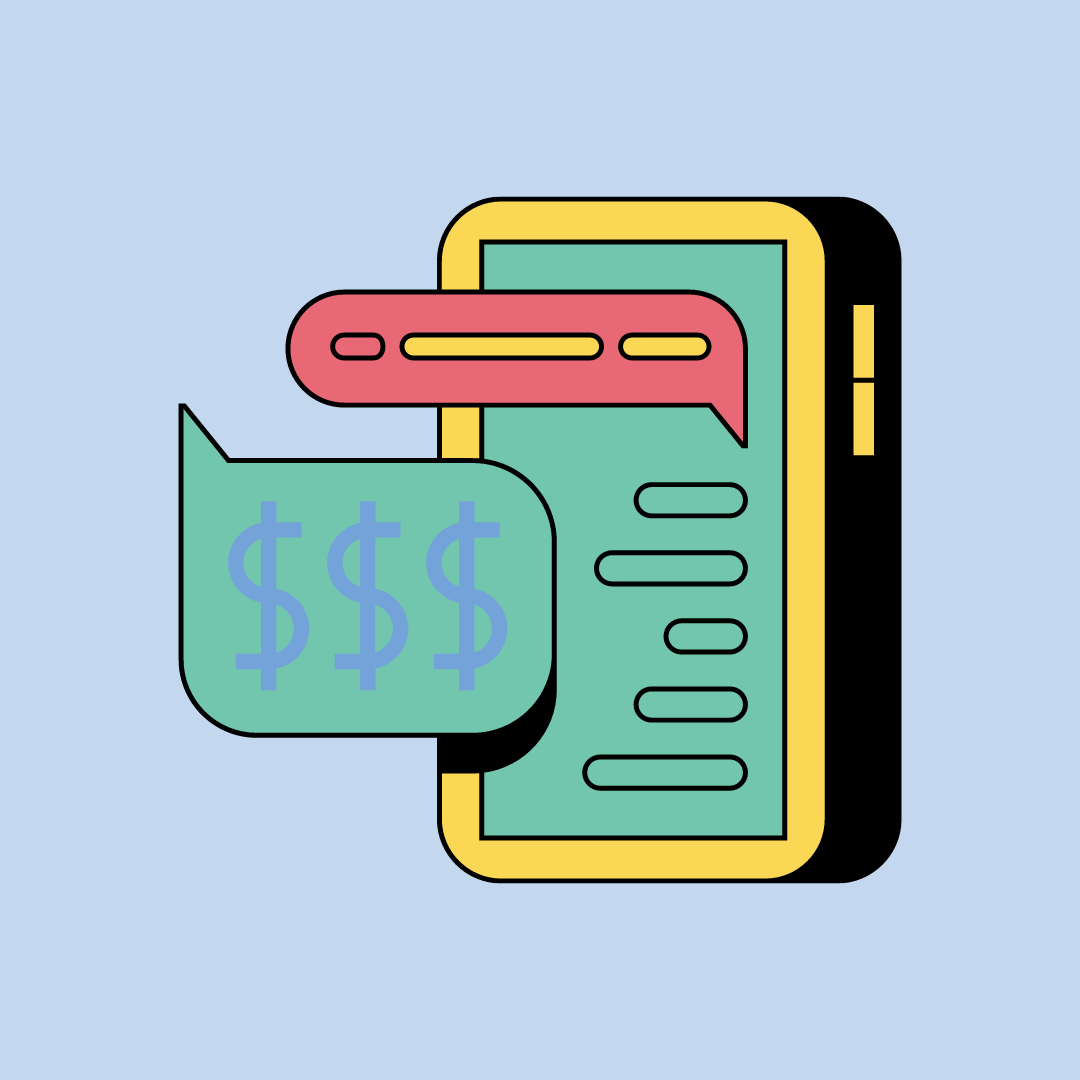Cashing a Check at Your Own Bank
When it comes to cashing a check, one of the easiest options is to visit your own bank or financial institution. Here is a step-by-step process for depositing or cashing a check:
- Endorse the Check: Turn the check over and sign your name on the back in the area designated for endorsement. Make sure your signature matches the signature on file with the bank.
- Visit your bank: Go to the local branch of the bank where you have an account. Bring a valid form of identification, such as a driver's license or passport.
- Approach a Teller: Depending on your preference and the bank's options, you can either present the check to a teller for processing or use an ATM equipped with check deposit functionality to get your money.
- Provide Necessary Information: If you are dealing with a teller, you may need to provide additional account information, such as your account number, issuing bank and check amount. For ATM deposits, follow the on-screen prompts to enter the relevant details.
- Confirm Deposit or Receive Cash: After processing, you will receive a confirmation of the deposit to your account or cash in hand if you chose to cash the check.
Cashing a Check Electronically
In addition to traditional in-person methods, many banks offer electronic check deposit options. This convenient approach allows you to deposit checks without visiting physical locations or even cashing checks without identification. Here's how it works:
- Mobile Deposit: Most banks provide a mobile app that allows you to deposit checks using your smartphone or tablet. Simply endorse the check, take photos of the front and back, and send them through the app.
- Online Banking: Some banks offer online banking portals where you can scan and upload check images for deposit. This method generally follows similar steps to mobile deposit and is accessible through a web browser.
- Electronic Funds TransferIn some cases, you may have the option to electronically transfer funds from a check directly to your account without the need for physical processing.
Pros and Cons of Checking Accounts
Checking accounts serve as the hub for many financial transactions, offering both benefits and drawbacks. Understanding these pros and cons is crucial to effectively managing your resources.
Advantages of having a Checking Account
- Convenience: Checking accounts provide a convenient way to access and manage your funds for everyday expenses, such as paying bills and making purchases with a debit card.
- Check Writing: With a checking account, you can issue checks to individuals or businesses, providing a secure and traceable method of payment.
- Direct Deposit: Many employers offer direct deposit, allowing your paychecks to be automatically deposited into your checking account, providing quick access to money.
- Online Banking: Most banks offer online banking services for checking accounts, allowing you to monitor account activity, transfer money and pay bills from the comfort of your home or on the go.
- Overdraft Protection: Some checking accounts come with overdraft protection options, which can help prevent declined transactions and fees in the event of insufficient funds.
Disadvantages or Limitations of Checking Accounts
- Fees: Some checking and money market accounts may have monthly maintenance fees, overdraft fees, limited withdrawals or ATM fees, which can reduce your balance if not carefully managed.
- Minimum Balance Requirements: Certain checking accounts require you to maintain a minimum balance to avoid fees, which can be a challenge for those who live paycheck to paycheck.
- Limited Interest: Although some checking accounts offer interest on balances, the rates are typically lower compared to savings accounts, resulting in minimal earnings on your deposits.
- Fraud Risk: Writing checks or using a debit card linked to your checking account exposes you to the risk of fraud or unauthorized transactions, which requires vigilance and prompt reporting of any suspicious activity.
By carefully weighing the advantages and disadvantages of checking accounts and considering key factors when selecting the right account, you can effectively manage your finances and make the most of your banking experience.

Where to Cash a Check
When it comes to cashing a check, you have several options available to you, ranging from a traditional bank to a retail store. However, not all locations are the same, and it is essential to weigh the pros and cons of each option before making a decision.
Check Cashing Options, Including Banks and Retail Stores
- Banks: Your bank is often the easiest option for cashing a check. You can visit a branch or use an ATM equipped with check deposit functionality. Many banks and credit unions also offer mobile deposit options, allowing you to deposit checks using your smartphone.
- Retail Stores: Some retail stores, such as supermarkets, convenience stores and large retailers, offer check cashing services for a fee. This can be a convenient option if you do not have a bank account or need access to cash after banking hours.
- Check Cashing Stores: Check cashing stores specialize in cashing checks for a fee. Although these establishments provide quick access to cash, their fees may be higher compared to other options, reducing the amount you receive.
- Prepaid Debit Card: Certain prepaid debit cards allow you to load checks onto the card electronically, providing instant access to funds. This can be a convenient option if you regularly use prepaid cards for financial transactions.
Where to Avoid Cashing a Check Due to Potential Fees or Limitations
- Payday Lenders: Avoid cashing checks at payday lending establishments, as they often charge exorbitant fees and may engage in predatory lending practices.
- Pawnshops: Although some pawnshops offer check cashing services, their fees may be high and they may require collateral or impose additional fees and more money to cover transactions.
- Retailers with High Fees: Be careful when cashing checks at retailers that charge high fees for service, as these fees can significantly reduce the amount of cash you receive.
When deciding where to cash a check, consider factors such as convenience, fees and access to money. Opt for a reputable establishment and service with transparent fee structures to ensure you get the most value from your check cashing experience.
Comparison of Checking and Savings Accounts
Understanding the differences between checking and savings accounts is crucial to effective financial management. Here's a concise comparison:
Savings Account Interest Rates and Benefits
- Interest Rates: A savings account generally offers higher interest rates compared to a checking account, making it ideal for growing your money over time.
- Benefits:
- Goal-Oriented Savings: Savings accounts are excellent for earmarking funds for specific goals.
- Safety Net: Provides a financial cushion for unexpected expenses.
- Access to Funds: Although there may be a limit on withdrawals, savings accounts offer relatively easy access to your money.
Considerations for Having Both Accounts at the Same Bank
- Convenience: Managing both a savings and checking account at the same bank offers ease in transferring money, viewing balances and accessing statement cycles and bundled services.
- Relationship Benefits: Some banks or credit unions offer advantages for customers with multiple accounts, such as higher interest rates or waived fees.
- Simplified Experience: Consolidating a savings and checking account simplifies banking tasks such as bill payments and money transfers.
- Diversification: However, having accounts at different banks provides diversification and can mitigate risks associated with a single financial institution.
Ultimately, the decision to have a savings account and a checking account at the same bank or to spread them across multiple financial institutions depends on your preferences, financial goals and banking needs.
Load a Check on a Prepaid Card
Loading a check onto a prepaid card is a convenient alternative to traditional banking methods, offering flexibility and accessibility for individuals who may not have or prefer not to use traditional accounts. Let's briefly discuss the process and considerations associated with this method.
Prepaid Cards and their Adequacy
- Prepaid Cards: Reloadable payment cards not linked to traditional bank accounts.
- Check Loading: Prepaid card providers offer electronic check loading options through mobile applications or online portals.
- Suitability: Ideal for those who do not have a bank account or prefer alternative financial services.
Pros and Cons of Using Prepaid Cards
Pros:
- Accessibility and convenience for check loading.
- Control over spending and safety features.
Cons:
- Monthly fees for multiple transactions.
- Limited features compared to traditional bank accounts.
- Reload limits and lack of FDIC insurance.
Consider the convenience and accessibility of prepaid cards for check transactions, taking into account the associated fees and limitations.
You can open a bank account in Comun right now!
Open your checking account¹ in 3 minutes with any valid ID from your home country²
Conclusion
Navigating today's check banking landscape requires a balanced understanding of the advantages and disadvantages inherent in this payment method. While checks offer flexibility and accessibility, they also come with potential fees and security risks. By weighing the pros and cons outlined in this article and exploring alternative banking options, individuals can make informed decisions to optimize their financial and cash management strategies.











.svg)